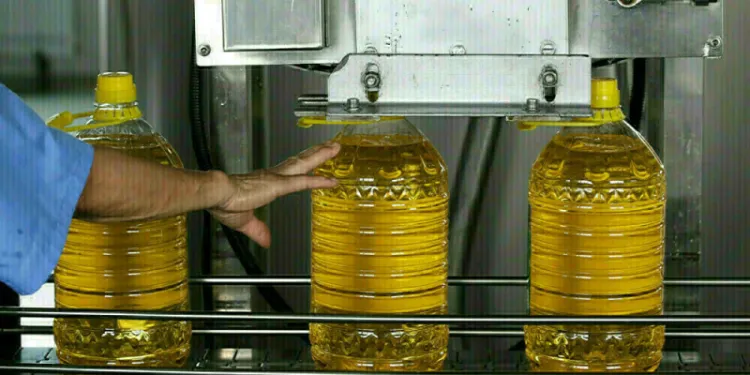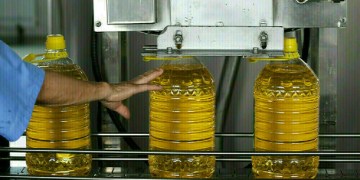The Agence Francaise de Development (afd) and the Agricultural Development Bank (adb) have signed a €17.7 million financial agreement for the implementation of the phase five of the rubber outgrower plantation project.
The amount is a concessional loan to the adb as the financial operator of the rubber plantation project.
The phase five of the project would see the cultivation of 8,000 hectares of rubber out-grower farmers in over 400 communities in 33 districts across three regions in the country.
Mr Francois Pujolas, French Ambassador to Ghana, who witnessed the ceremony, said the release of the funding for the fifth phase was an indication that rubber production was growing thereby justifying why the afd and adb have over the years supported the venture.
He said by 2017, over 8,500 rubber farmers would have benefited from the facility and around 30,000 hectares of rubber would have been planted.
Mr Pujolas commended the adb for contributing to the success of the development of rubber plantations during the last 20 years.
He also commended the farmers and rubber out-grower association for the professionalism exhibited over the years towards the success of the project.
Mr Stephen Kpordzih, Managing Director of the adb, said the provision of the money would help to step up the growing of rubber in the country.
He said although the increasing rate of loan defaulting was becoming a major challenge to the project, they would work hard to ensure that things were done responsibly to ensure the success of the programme.
Mrs Amelie July, afd Resident Manager in Ghana, commended the adb and other partners for sustaining the collaboration for the past 20 years.
She gave the assurance that they would continue to partner the government to achieve her development goals.
In 1995, the government of Ghana obtained a credit facility from afd and the World Bank for the financing of tree crops like rubber and oil Palm under the “Programme for the promotion of perennial crops in Ghana.”
Since then, five different phases of rubber and two different phases of oil Palm cultivation by out-growers have been implemented.




























